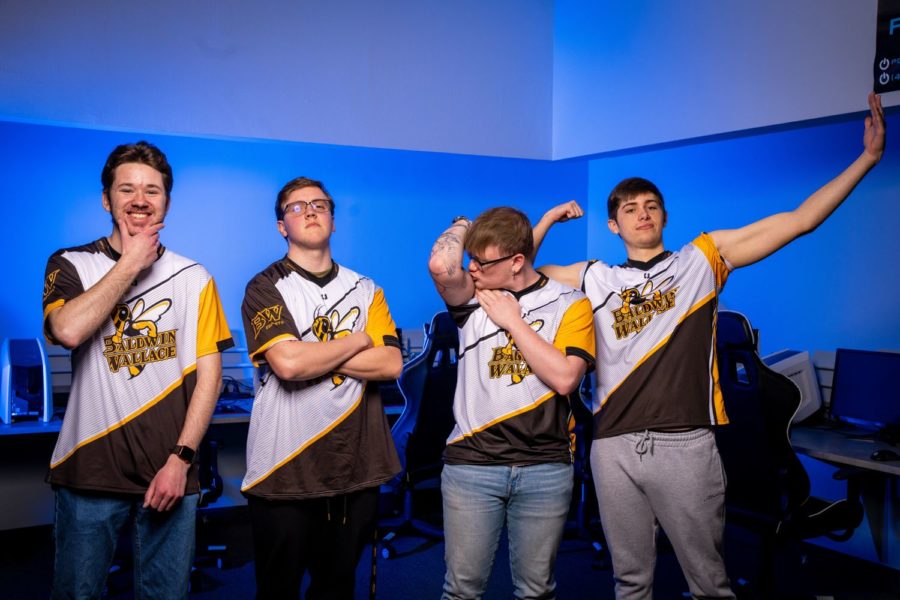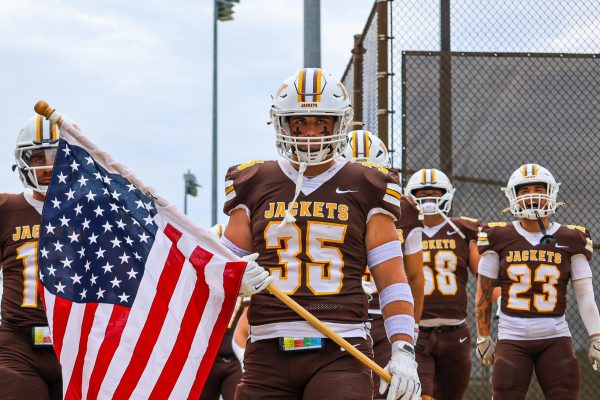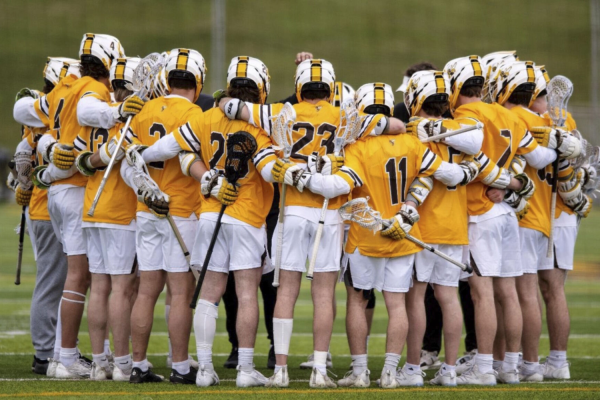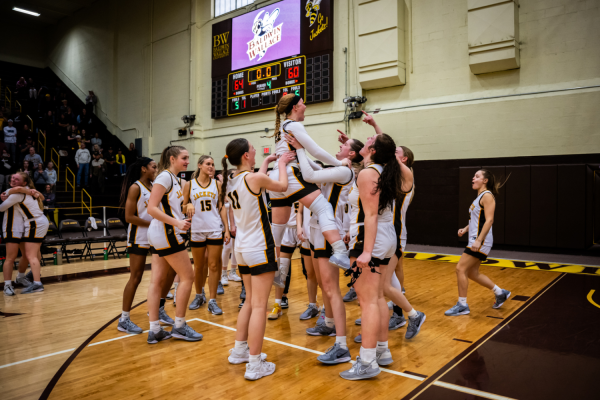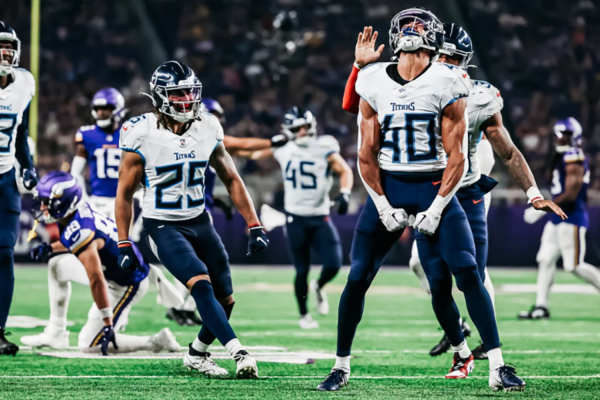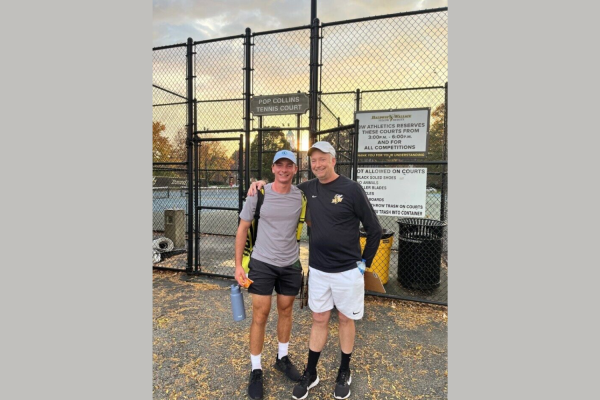Are esports real sports? Soccer players, Rocket League players give opinions
While some BW soccer players see esports as not matching the definition of sports such as engaging in physical labor, the Rocket League players disagree.
At Baldwin Wallace Univeristy, the director of esports, Rocket League players and student-athletes on the soccer team have conflicting beliefs on whether or not esports should fall into the sports category.
The esports program is a young organization that is on the rise on BW’s campus. The program has recently accumulated up to 35 members competing in video games such as Super Smash Bros., Call of Duty, Overwatch, Valorant and Rocket League.
Rocket League is a video game played in the BW esports program where a player uses a vehicle to play soccer. Compared to the varsity sport, Rocket League and soccer have a common objective of “scoring goals,” but differences in the means of how they achieve that.
Nick Young, a sophomore finance major on the BW soccer team, explained that he and his team work very hard during the season and off-season to stay physically fit in preparation for games. They are expected to maintain a healthy diet and cardio.
“Yeah, esports wouldn’t be the first thing that comes to my mind … if somebody said sports, I wouldn’t necessarily think of that, but I’m not against people calling it a sport,” Young said.
Young also said that the team goes through a series of “beep tests,” similar to the pacer test, that measures an athlete’s physical fitness. If they fail, they are not allowed to participate in games until they pass in a future attempt. He mentions that the sport is very physically demanding, and he has been injured multiple times while playing soccer.
Ben Wilson, a sophomore finance and entrepreneurship major, said that he was an athlete in the past and used to play soccer. He said that he would have practices once or twice a day, along with games.
“I feel like it’s more of a physical thing,” Wilson said, “There are different components that go into physical sports and everything. I would almost say that esports is more of – I don’t want to say a hobby because I feel like that’s disrespectful to it. I’d say like an activity, but they can still be competitive.”
Wilson’s definition of sports revolves around the physical aspect. Wilson said that that “manual labor” and putting effort towards a win on the field is important.
Teddy English, a junior cybersecurity major on the Rocket League team, talked about his training regime as an esports player. English said that his team practices almost every day of the week, whether that means they are scrimmaging other teams or reviewing film.
English provided his personal definition of a sport.
“If you’re practicing and you’re competing at a competitive level, I would classify it as a sport,” English said.
English also said that he was a four-sport athlete in high school, and compares the feeling he got on gamedays back then to how he feels before a big esports match now. English said that someone who has never played video games competitively might not understand the mental strength it takes.
Jake Grasso, the director of the esports program at BW, mentions that even esports players can be physically impacted by competing in playing video games. Grasso says that sitting in a chair for three hours or sometimes longer can tax players’ backs and legs because of the lack of blood flow.
“I think it really separates what you define as someone that’s a collegiate player and someone who’s a casual player,” Grasso said, “Like there’s a lot of people that play intramural sports, and they probably wouldn’t even touch a collegiate field because that’s not what they want to do.”
Grasso said taking video games to the next level of esports has just as much practice as any other sport, even if it isn’t as physically demanding. The mental aspect of esports is much greater, and players have to be quick with their decisions because everything is so instantaneous.
Grasso also mentions that he hopes to implement a nutrition and workout program for the esports players. He values the well-being of the athletes and said that eating “four cheeseburgers” before a match won’t be as beneficial as drinking water and eating fruit.
“I really want to make sure that I give the students the proper nutritional guidance,” Grasso said, “Having some fruit or eating lean protein before coming in, like actually brain food that triggers the neurons in your brain, so you’re firing on all cylinders.”
The Exponent is looking for financial contributions to support our staff and our newsroom in producing high-quality, well-reported and accurate journalism. Thank you for taking the time to consider supporting our student journalists.





























